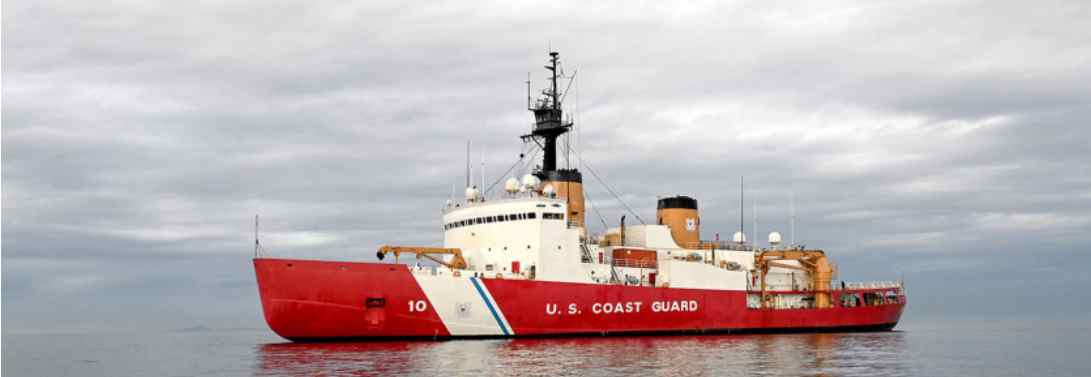Foreign Relations Committee holds first in a series of hearings on importance of treaty to U.S.
U.S. Sen. Mark Begich welcomed a series of hearings on the United States’ ratification of the Law of the Sea kicked off today by the Senate Foreign Relations Committee. The convention allows the U.S. to claim oil, gas and other mineral resources on the continental shelf beyond the current 200 mile limit, and also protects the Navy and Coast Guard’s freedom of navigation and rights to visit foreign ships.
“The Law of the Sea is key to ensuring Alaska’s Arctic future. Unless the U.S. ratifies the treaty, our oil and gas companies won’t be able to develop resources on our extended continental shelf beyond 200 miles,” said Begich. “We’d leave hundreds of billions of dollars in oil and gas resources on the table and miss a chance to make Alaska bigger. I applaud the Foreign Relations committee for starting the hearing process on this treaty, and I look forward to continuing to examine it in the Oceans Subcommittee that I chair.”
|
|
The Senate Foreign Relations Committee heard from Secretary of Defense Leon Panetta, Secretary of State Hillary Clinton, and Chairman of the Joint Chiefs of Staff General Martin Dempsey, all of whom supported U.S. ratification. They testified that the treaty is critical to advancing U.S. security interests as well as to preventing proliferation of weapons of mass destruction and interdicting the flow of illegal drugs by sea. They also highlighted how the treaty would allow U.S. companies to engage in deep seabed mining for rare-earth metals which are necessary for cell-phones and consumer goods as well as weapons systems. Currently China controls 95% of the rare-earth resources.
The Law of the Sea was negotiated in the 1970s and 80s and U.S. ratification is supported by every living Secretary of Defense, Chairman of the Joint Chiefs of Staff, Chief of Naval Operations, and Coast Guard Commandant as well as the oil and gas industry, the U.S. Chamber of Commerce, and many in the telecommunications and maritime shipping industries. The State Department estimates that under the treaty, the U.S. could likely claim an area twice the size of California including vast areas in the Arctic, Bering Sea and Gulf of Alaska.






